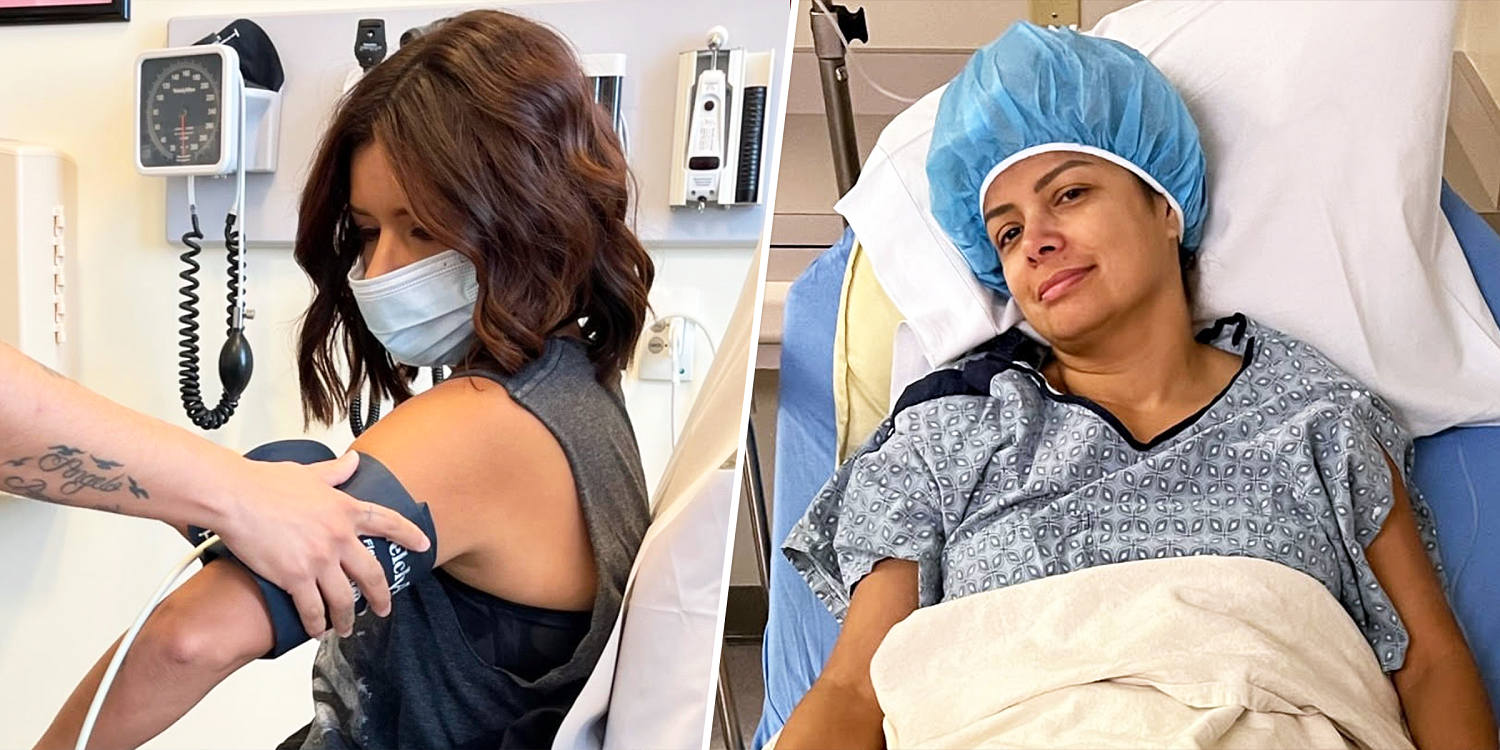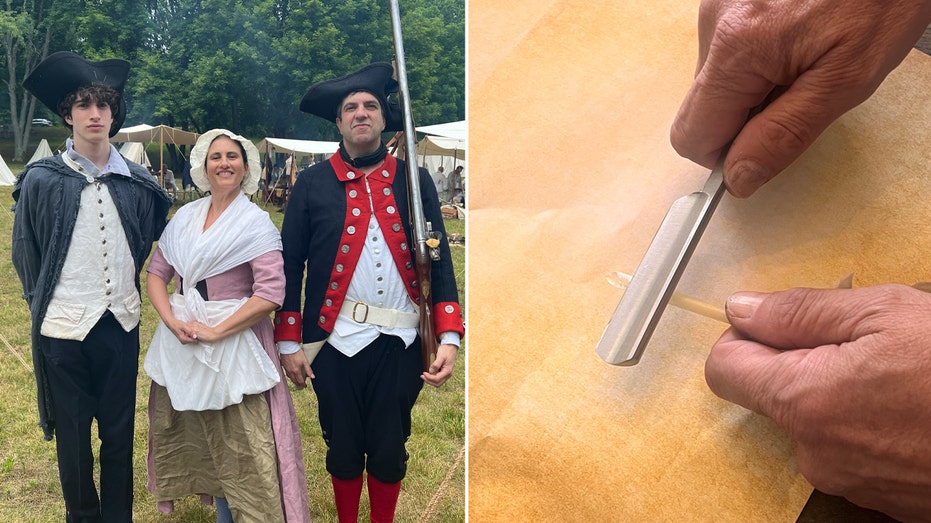
Pune: Saurav, now 24, first dislocated his right kneecap (patella) at the age of 12 during a school football match. "I felt a sudden shift in my knee and intense pain," he recalls. He recovered with conservative treatment and went on to enjoy seven years of playing cricket and football.
At 21, his right kneecap dislocated again while playing cricket, causing instability. The delayed treatment led to cartilage damage and early degenerative changes in his right knee, leaving him with occasional pain even after undergoing ligament reconstruction this time. "The cartilage cannot be repaired, which is why he still feels pain in his right knee," explained Dr Shital N Parikh, a US-based paediatric orthopedic surgeon, who had then performed ligament reconstruction on Saurav's right knee at Sancheti Hospital in Pune.

Dr Parikh, who currently leads the JUPITER (Justifying Patellar Instability Treatment by Early Results) Study, an international research project to understand how kneecap instability develops in children, was in Pune to deliver a keynote address at a paediatric orthopedic conference conducted by Sancheti Hospital's paediatric orthopaedic department recently. The study focuses on tracking the shape and depth of the femoral groove across different pediatric age groups. "A simple ligament reconstruction surgery can prevent long-term complications such as arthritis at a later stage in children born with developmental issues like a shallow femoral groove or kneecap looseness, which make them prone to dislocations.
Untreated kneecap instability can lead to permanent dislocation, deformities, restricted knee movement, and eventually arthritis," Dr Parikh said. Untreated kneecap instability can lead to fixed dislocation, where the kneecap permanently stays outside the groove and does not come back into the groove. "This can lead to a progressive increase in symptoms with more frequent falls, more deformities, pain, swelling, restricted knee movements and ultimately arthritis of the kneecap," he said.
Arthritis of the kneecap is an irreversible condition, where late treatment can help some, but cannot restore the knee joint back to normal. "Treatment at this stage would also require more intense and involved surgery compared to isolated ligament reconstruction as early treatment. The ideal management is to avoid reaching the stage of arthritis," he said.
The international study on kneecap instability in children that Dr Parikh, who hails from Ahmedabad (Gujarat), is spearheading holds the potential to revolutionise the way kneecap instability is managed in children. "By studying different parameters, we aim to predict which children are more likely to develop kneecap instability at a later stage. Early detection could allow for preventive steps to avoid future complications and the need for surgery later in life," Dr Parikh said.
Agreeing, Sancheti Hospital's paediatric orthopaedic surgeon Dr Sandeep Patwardhan said, "As research into paediatric knee development continues, studies like JUPITER will provide valuable insights that can help surgeons to identify children at risk and intervene before knee instability becomes a lifelong issue." Incidentally, Saurav's left knee also developed similar symptoms of kneecap instability three months after the right knee surgery. But this time, the family chose early surgery.
Timely surgery (ligament reconstruction) on his left knee led to a full recovery. Now, Saurav, who hails from Pune and is currently pursuing a master's in production engineering from Aachen University, plays cricket for the West Germany League..














